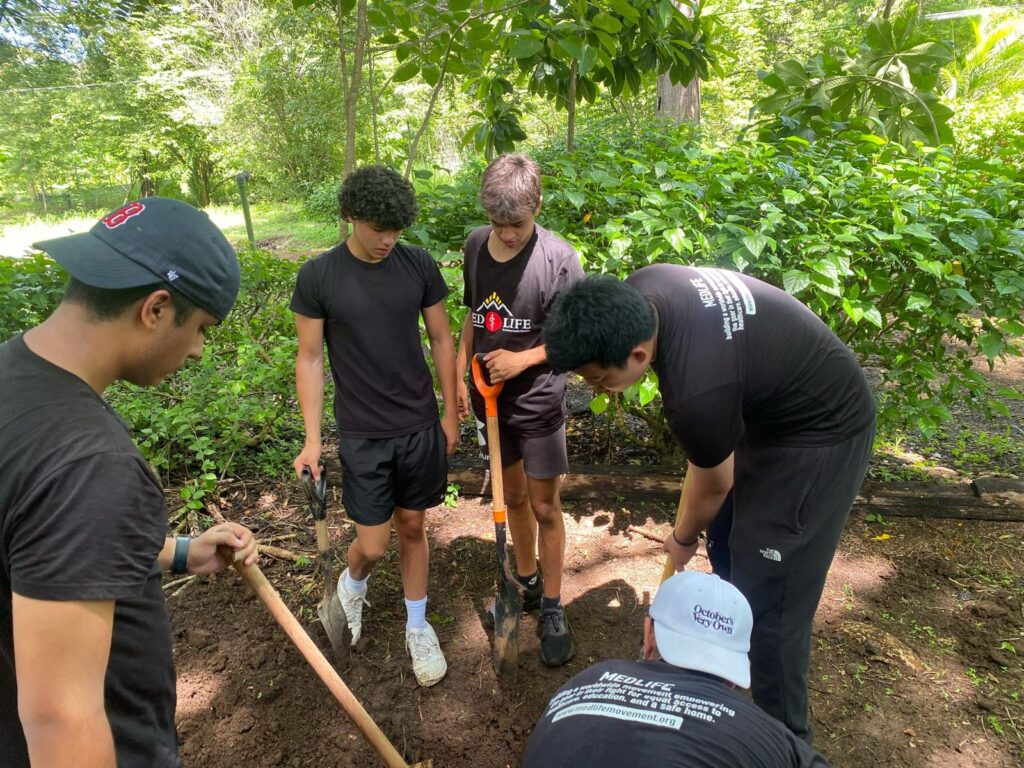When planning international trips for students, incorporating ethical tourism practices is not just a trend—it’s a responsibility. As educators, it’s crucial to consider how our travel choices impact local communities and environments. This guide explores how professors can ensure their travel plans are ethical, sustainable, and educational for students, while fostering positive outcomes for host cultures and ecosystems.

Why Ethical Tourism Matters in Education
Educational travel is a powerful way to teach students about the world beyond textbooks. However, it’s important to recognize that tourism can sometimes harm the very places we wish to learn from. From environmental degradation to exploitation of local cultures, the pitfalls of poorly planned travel are significant. Ethical tourism ensures that our travel experiences are mutually beneficial, promoting cultural respect and economic fairness while protecting the environment.
Incorporating ethical principles into your itinerary sets a valuable example for students and encourages them to become more conscientious global citizens. For more on the importance of cultural awareness, read our article on cultural competence through travel, which highlights why such understanding is crucial in today’s interconnected world.

Key Principles of Ethical Tourism
- Respect for Local Cultures and Traditions
One of the cornerstones of ethical travel is respect. Before visiting a destination, research its customs, languages, and social norms. Teach students to appreciate cultural differences without judgment and to interact mindfully with locals. Avoid behaviors that could be considered disrespectful or invasive, like taking photos without permission or treating cultural ceremonies as mere entertainment.
Be aware of cultural misappropriation, which occurs when elements of a culture are used without understanding or respecting their significance. For instance, encouraging students to wear traditional clothing for photos without comprehending its cultural meaning can cross this line. Instead, promote engagement that honors local practices and involves learning from the community. - Sustainable Environmental Practices
Ethical tourism emphasizes minimizing our environmental footprint. Choose accommodations and tour operators that prioritize eco-friendly practices, such as waste reduction and renewable energy. Discuss with your students the impact of activities like wildlife tourism and emphasize the importance of leaving natural habitats undisturbed.
Encourage simple yet effective behaviors, like carrying reusable water bottles and avoiding single-use plastics. When hiking or exploring natural areas, follow the “leave no trace” principles, and consider offsetting your carbon footprint if air travel is necessary. This instills environmental responsibility in students and preserves the beauty of destinations for future travelers. - Local Business Support
Supporting local communities is a fundamental aspect of ethical travel. Opt for locally owned accommodations, restaurants, and guides to ensure that the economic benefits of tourism stay within the community. Encourage students to buy authentic, handmade souvenirs from local artisans instead of mass-produced items that often don’t benefit the community economically.
When planning activities, collaborate with community leaders to create respectful and educational experiences. For example, arranging visits to cultural centers or taking part in workshops led by local experts can provide deeper insights and genuine connections. This approach transforms tourism into a tool for cross-cultural understanding and shared knowledge.

Addressing the Complexities of Voluntourism
Voluntourism—combining volunteering and tourism—has become a popular travel option, especially for educational groups. However, it requires careful planning to ensure it doesn’t unintentionally harm the communities it aims to help. Ethical voluntourism prioritizes meaningful contributions over feel-good experiences for travelers. Projects should address real community needs, involve local input, and aim for long-term sustainability.
Before committing to a voluntourism project, ask these critical questions: Does the community truly benefit? Are locals involved in planning and decision-making? Will the project be sustainable once volunteers leave? For an in-depth look at responsible voluntourism, read our article on what voluntourism entails.

Preparing Students for an Ethical Travel Experience
- Education and Awareness
Prepare students before departure by discussing the importance of ethical tourism. Organize pre-trip workshops that cover topics like environmental conservation, cultural sensitivity, and economic impact. Discuss case studies where tourism has had both positive and negative effects on destinations, encouraging students to think critically about their roles as travelers.
Use these discussions to explore real-world scenarios, such as handling situations where cultural norms differ significantly from their own. By preparing students for ethical challenges, you empower them to make responsible choices on the trip. - Active Participation and Reflection
Ethical tourism isn’t just about the destination; it’s also about how students engage with what they learn. Encourage them to journal or create video diaries reflecting on their experiences. What did they learn about the culture or the environment? Did they witness any challenges related to tourism? Reflecting on these questions deepens their understanding and helps solidify lessons about ethical travel.
Our resource on educational tours as a tool for empathy explores how these experiences can develop empathy and cross-cultural understanding in students. - Post-Trip Impact and Giving Back
The journey doesn’t end when you return home. Discuss how students can continue supporting the communities they visited. This might involve fundraising for a local charity, raising awareness about issues they observed, or implementing sustainability projects at school. These post-trip actions turn ethical travel into lasting impact and continue the cycle of giving and awareness.
Ethical Tourism and Its Broader Implications
Choosing to practice ethical tourism not only enriches your students’ learning experience but also plays a role in shaping a more respectful and sustainable global tourism industry. It teaches young travelers to consider the long-term effects of their actions and fosters an appreciation for cultural and environmental preservation.
By focusing on cultural respect, environmental conservation, and meaningful community interactions, we set a standard that influences future generations of travelers. These experiences can transform how students see the world, instilling a sense of responsibility that extends far beyond the classroom.
Engaged Education - Transformative Educational Travel Experiences
Incorporating ethical tourism into your educational travel plans creates opportunities for impactful and meaningful learning. If you’re inspired to develop a travel program that prioritizes respect and sustainability, explore our Engaged Education Brochure and get started today:
Let’s travel ethically, teach with purpose, and leave a positive footprint on the world.






